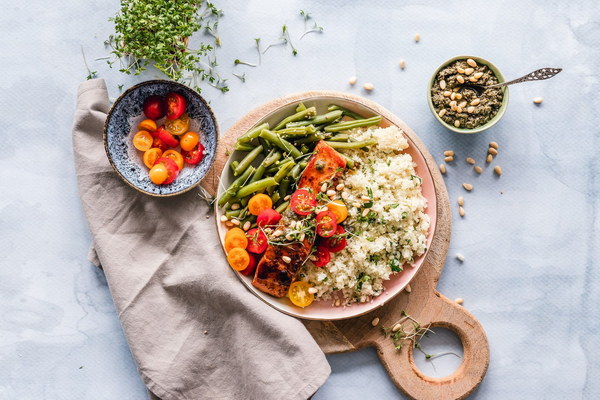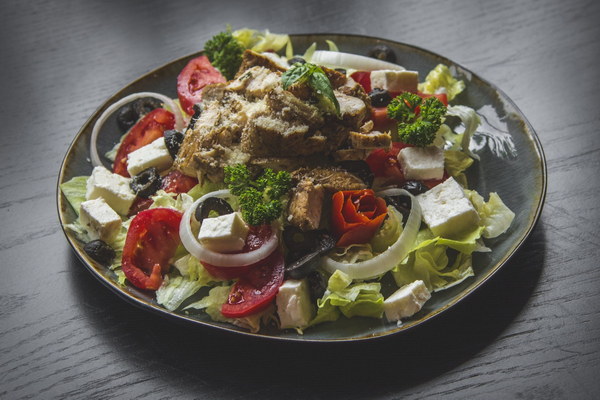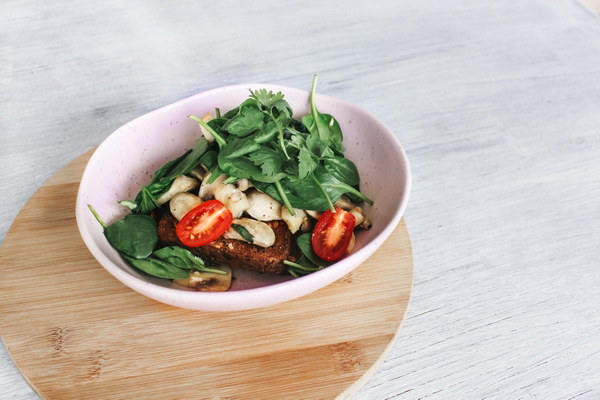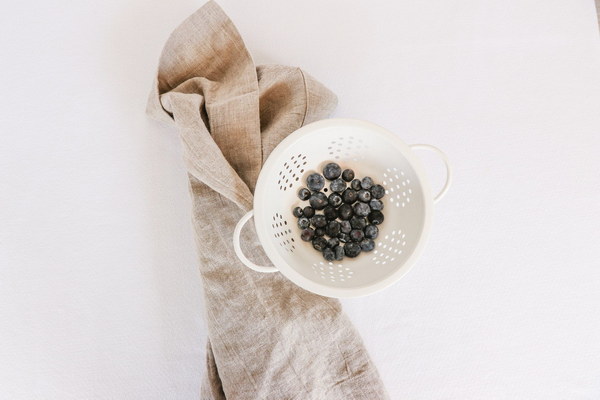The Impact of Supplements on Cold Recovery What to Avoid and What to Embrace
Introduction:
The common cold is a widespread viral infection that affects millions of people worldwide. While rest and hydration are crucial for recovery, the role of supplements in aiding the healing process is often debated. This article explores the impact of different supplements on cold recovery, highlighting what to avoid and what to embrace for a quicker and more effective healing journey.
1. Vitamin C:
Vitamin C, a powerful antioxidant, is often associated with boosting the immune system. While research on its effectiveness against the common cold is mixed, many people believe in its benefits. To support cold recovery, consuming vitamin C-rich foods like oranges, strawberries, and bell peppers can be beneficial. However, excessive vitamin C supplementation has not been proven to provide additional benefits and may even lead to gastrointestinal issues.
2. Zinc:

Zinc is another supplement that has gained popularity for its immune-boosting properties. Studies have shown that taking zinc lozenges or supplements within 24 hours of the onset of cold symptoms can reduce the duration of the illness. However, it is important to follow recommended dosages, as excessive zinc intake can cause side effects such as nausea, loss of appetite, and stomach cramps.
3. Garlic:
Garlic, a member of the allium family, has been used traditionally to treat various ailments, including the common cold. Garlic contains allicin, a compound with immune-boosting properties. Consuming garlic in food or taking garlic supplements may help alleviate cold symptoms and reduce the duration of the illness. However, garlic supplements may cause digestive discomfort and should be used with caution.
4. Echinacea:
Echinacea, a popular herbal supplement, is believed to boost the immune system and shorten the duration of colds. While some studies support its effectiveness, others have found no significant difference in recovery time when compared to a placebo. It is important to use high-quality echinacea supplements and consult with a healthcare professional before starting treatment, as it may interact with certain medications.
5. Avoiding Supplements:
While certain supplements may have benefits for cold recovery, some can have adverse effects or interact negatively with medications. Here are a few supplements to avoid during a cold:
a. St. John's Wort: This supplement is commonly used for depression but can interfere with the effectiveness of certain medications, including those used to treat cold symptoms.
b. Ginkgo Biloba: Ginkgo Biloba is often used for cognitive enhancement but may thin the blood and increase the risk of bleeding, making it unsuitable for individuals with bleeding disorders or those taking blood-thinning medications.
c. Fish Oil: Fish oil supplements contain omega-3 fatty acids, which can thin the blood. While this may be beneficial for some conditions, it is not recommended for individuals with bleeding disorders or those taking blood-thinning medications.
Conclusion:
The common cold can be challenging to manage, but incorporating certain supplements into your recovery plan can aid in reducing symptoms and duration. Vitamin C, zinc, garlic, and echinacea are a few examples of supplements that may support cold recovery when used appropriately. However, it is essential to avoid supplements that may interact with medications or cause adverse effects. Consulting with a healthcare professional before starting any supplement regimen is always recommended to ensure safety and efficacy.









